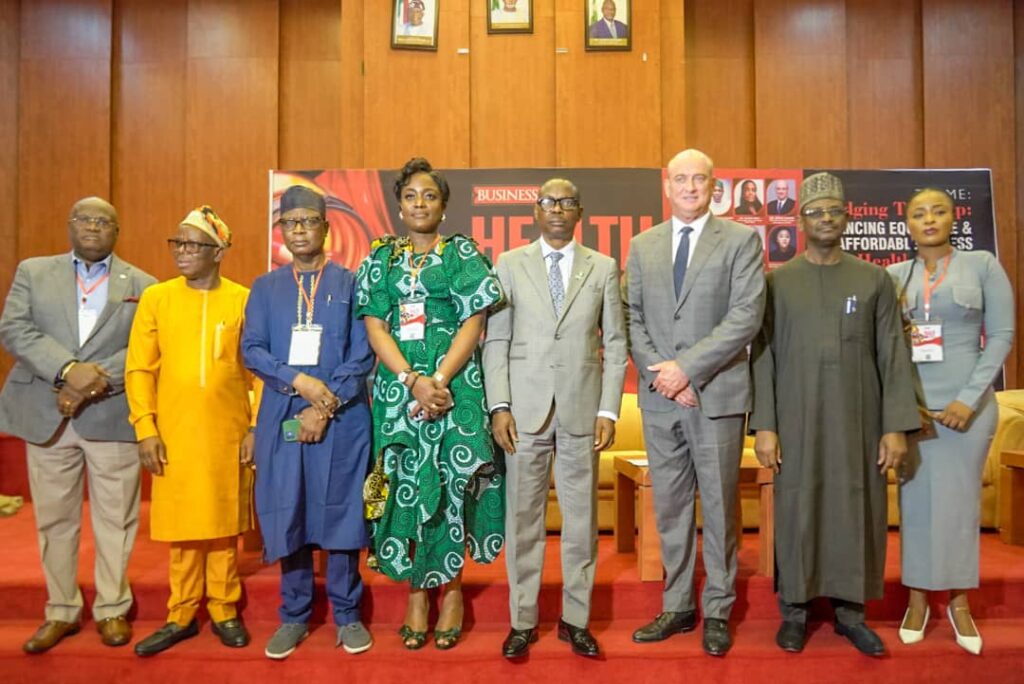The Federal Government has announced that Nigeria has secured over $1 billion in concessional financing and grants aimed at strengthening the country’s health system through strategic global partnerships.
Minister of State for Health and Social Welfare, Dr. Iziaq Salako, made the disclosure on Thursday while delivering the keynote address at the 2025 BusinessDay Health Conference in Abuja. He, however, noted that despite the progress, significant challenges remain, particularly around high out-of-pocket expenses for healthcare.
“I must emphasize the pivotal role of strategic partnerships in this reform journey,” Salako stated. “We have recalibrated our engagement with partners such as WHO, USAID, the World Bank, Global Fund, UNICEF, UNFPA, and GAVI to align with national priorities.
“Through these collaborations, we secured over $1 billion in concessional financing and grants for health systems strengthening, introduced innovations in vaccine logistics, maternal health, and pandemic preparedness. Budgetary allocation for the health sector is on the rise, while efforts are being intensified to improve domestic resource mobilization and the absorptive capacity of our health system.”
He described the current reforms in the health sector as foundational, saying they are designed to unlock the full potential of the healthcare value chain, drive inclusive growth, and position Nigeria as a regional leader in health innovation and resilience.
“We are on a trajectory of progress, but there is still much to be done,” he added. “We are yet to meet the target of allocating at least 15% of the national budget to health. Out-of-pocket expenses remain unacceptably high, reflecting the low penetration of health insurance in the country.
“Our human resources for health are suboptimal and are further challenged by the ongoing emigration of skilled healthcare workers. Inadequate infrastructure, uneven distribution of health personnel, low health literacy, and a high disease burden are issues we must address collectively to sustainably secure the health of Nigerians.”
Dr. Salako stressed that government alone cannot achieve the ambitious health sector transformation goals. He called on the private sector, civil society, academia, and sub-national governments to work collaboratively with the federal government.
“Let us co-create solutions. Let us align investment with impact and build a Nigeria where health is not a privilege for a few, but a right, a service, and an opportunity for all,” he urged.
Highlighting government initiatives to curb outbound medical tourism, Salako revealed that three comprehensive oncology centres have already been delivered in Benin, Enugu, and Katsina, with three more in the pipeline.
“This is part of our strategic response to the data showing a high proportion of Nigerians travel abroad for oncology care. Over the past two years, we have completed more than 500 key infrastructure projects and delivered advanced medical equipment across federal tertiary hospitals in the country.”
He further noted that efforts to encourage private sector involvement, including Nigerian healthcare professionals in the diaspora, are yielding results, with the establishment of world-class, multi-specialty healthcare facilities especially in Lagos and Abuja now on the rise.














